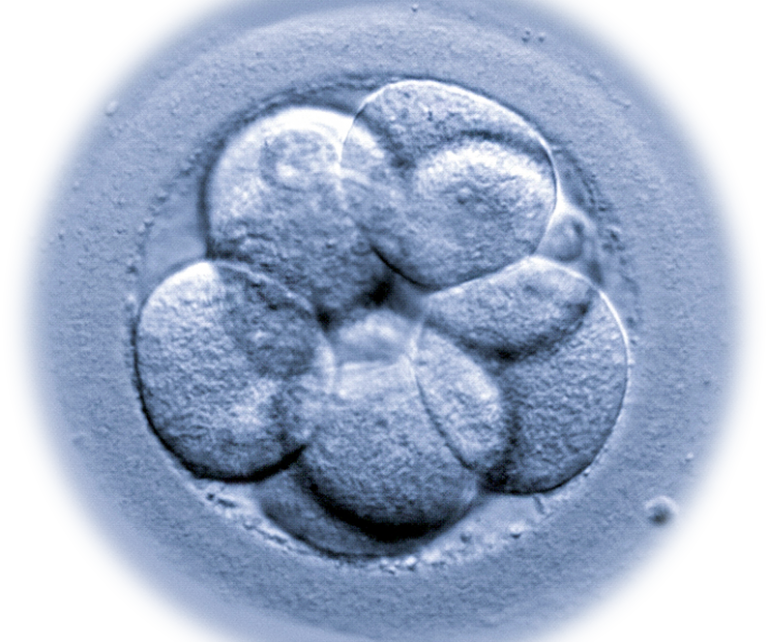
What are microRNA and what impact do they have on embryo implantation?
From the moment embryo transfer takes place up until the day when a woman takes a pregnancy test, a set of events aimed at achieving implantation (adherence of the embryo to the uterus) take place in the uterus and embryo. The process has traditionally been described as a dialogue and this is, indeed, a good way of explaining the relationship that exists between the embryo and the uterus. Communication between the two takes place through different molecules that secrete both in the uterus and in the embryo.
However, this dialogue does not always flourish in successful pregnancies. It is estimated that only 1 in every 4 embryos manage to adhere to the uterus. In order for the implantation process to progress, there needs to be a good quality embryo, a receptive uterus and precise synchronisation between the two.
Which molecules are involved in the dialogue between the embryo and the uterus?
Communication between the two is complex and involves a large number of molecules, of which we have chosen to highlight the following:
- Growth factors: proteins that stimulate
cell division. - Angiogenic factors: proteins that activate
blood vessel formation (vascularisation) meaning that the foetus can feed
appropriately during development. - Immunoglobulins (antibodies) and other
immune system molecules such as cytokines. - MicroRNA.
MicroRNA are molecules that are similar to DNA. There are some differences in their composition and they also have a single chain instead of the two that we find in DNA. They are also quite different in length because, in comparison with DNA, microRNA are extremely small.
The role of microRNA consists of regulating gene expression. There are around 20,000 genes in our genome and the information for synthesising all the proteins in our organism are coded there. Not all the genes are active in all the types of cells in our body. In fact, only the ones that are strictly necessary. Furthermore, there is a rigorous control not only regarding in which cells they should be expressed, but also when they should be expressed. MicroRNA participate in this set of gene expression control processes (epigenetics). Specifically in the uterus, cells from the endometrium (the layer surrounding the uterus) synthesise the microRNA that are secreted towards the embryo in order to regulate expression of embryo genes that are necessary for development and implantation. We could say that the uterus sends the embryo precise instructions so that it can implant. These instructions exist in the form of molecules known as microRNA. Many of the microRNA that participate in this dialogue between the uterus and embryo have been identified.
Embryo implantation is a complex process. Research in this field is providing us with the answers to improved chances of implantation in embryos from cycles of in vitro fertilisation (IVF) and, in doing so, achieving a successful pregnancy and the birth of a healthy child. This is what all our patients dream of.
Instituto Bernabeu has a Reproductive Immunology Unit staffed by experts from different specialities within the field. Its purpose is to assess and treat repeated implantation failure and recurrent pregnancy loss from an immunology perspective.
Dr José A. Ortiz, a biochemist at IBBIOTECH, part of the Instituto Bernabeu group.
